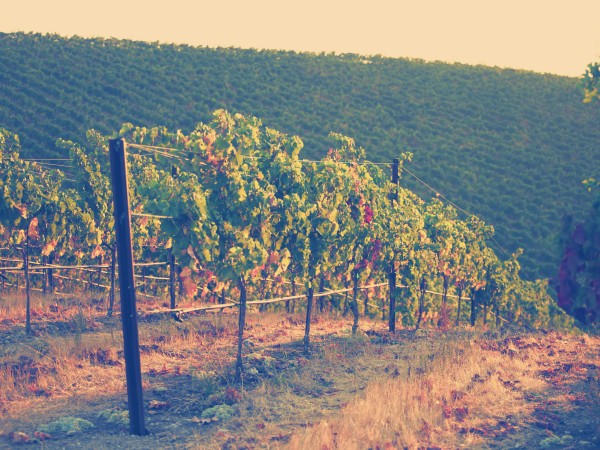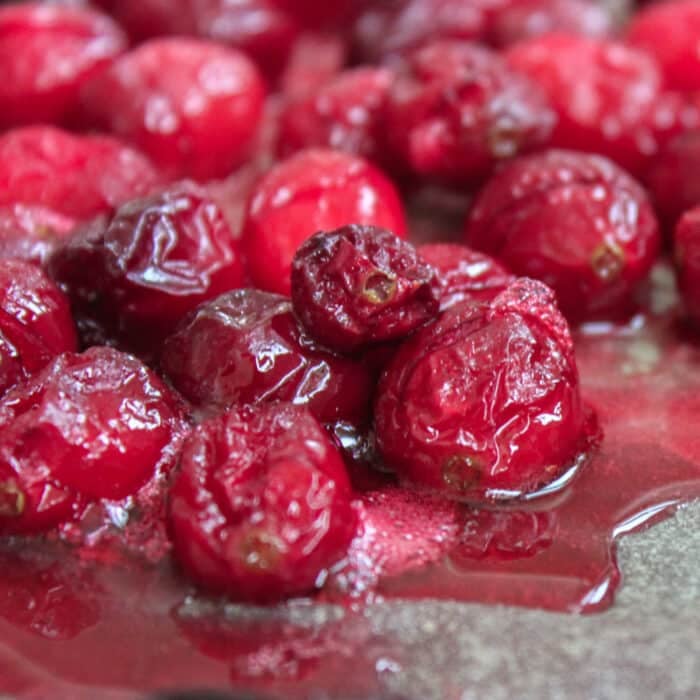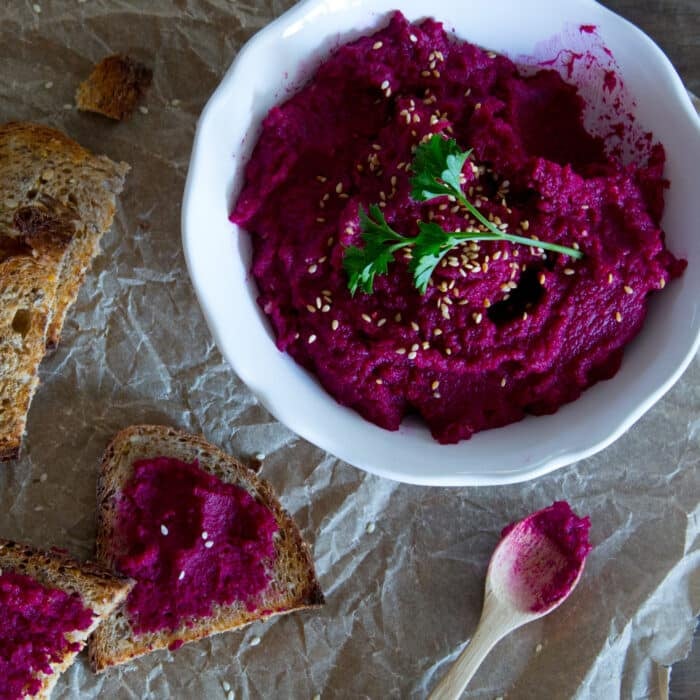Hey there, are you a vegetarian or vegan? Well, welcome to the weirdness that is non-vegetarian and non-vegan wines!
It’s true, a significant chunk of today’s wines are made using animal byproducts. Don’t worry, there isn’t any animal product in the wine itself, but they did play a part. How weird is it that a product made (mostly) from grapes could contain such a thing? But winemakers have been using animal products for a very long time in a process prior to bottling known as fining.
Wine Making 101
Wine grapes get crushed, and juice is expelled, but not in crystal clarity. The stage of winemaking known as clarification tackles these sediments that linger: filtration removes the larger insoluble particles (such as dead yeast cells), but the soluble materials cannot be filtered as easily and will hang out and cause some haziness.
Not all wines are fined, but those that are enlist the assistance of an additive: either an organic compound or solid mineral materials that will bond enzymatically with the molecules that remain, making them larger and heavier. They then sink to the bottom of the container and the now-clear wine can be slurped off the top. Many of these additional ingredients are animal-derived.
Vegan Wines
Wines considered vegan are either not fined (and hazy in the bottle as a result) or fined with minerals, usually in the form of bentonite clay, hydrolyzed wheat gluten isolate or pea protein isolate. We have 10 or so vegan wines listed here.
Vegetarian Wines
Organic compounds used in fining that are animal-derived but not vegan include egg whites and casein (a milk protein).
Non-Vegetarian Wines
Common fining agents that are used in conventional wines and not vegetarian or vegan-friendly:
- Gelatin – collagen extracted from animal bone, skin and/or connective tissue.
- Isinglass – collagen extracted from the bladders of specific breeds of fish.
- Chitin – a fiber sourced from crustacean shells.
Depending on how strict you are as a vegetarian (or vegan), here are a few things to consider:
1. Studies at UC Davis on fining agents found that only trace amounts of organic fining agents remain in wines that employ them.
2. The USDA does not require the fining agents used in the wine to be listed or published, so you may have a difficult time discerning which wines fit your needs if you are vegan or vegetarian. (Some countries do require this labeling however, Australia is one of them if you are searching for full transparency when you shop).
3. This is where I state the obvious: perfect clarity in wines is more attractive in white wines than red wines; unfiltered red wines are growing in popularity actually, with the added bonus of being darker and therefore able to hide their haziness much better than whites.
All in all it’s important to keep in mind that the majority of the above-mentioned practices have been in existence in the winemaking industry for hundreds of years. These are traditional practices, some with a more modern twist. If you have concerns about the molecular details associated with the wine you are drinking (or want to drink) your best bet is always to go straight to the source: the winery, and ask them about their practices.
There are plenty of websites out there touting vegan/veg-friendly wine lists, but this is still a vast frontier of the lesser-known aspects of wine production and its forever changing. Keep alert and stay educated! Or just drink domestic beer…the odds are more in your favor.








